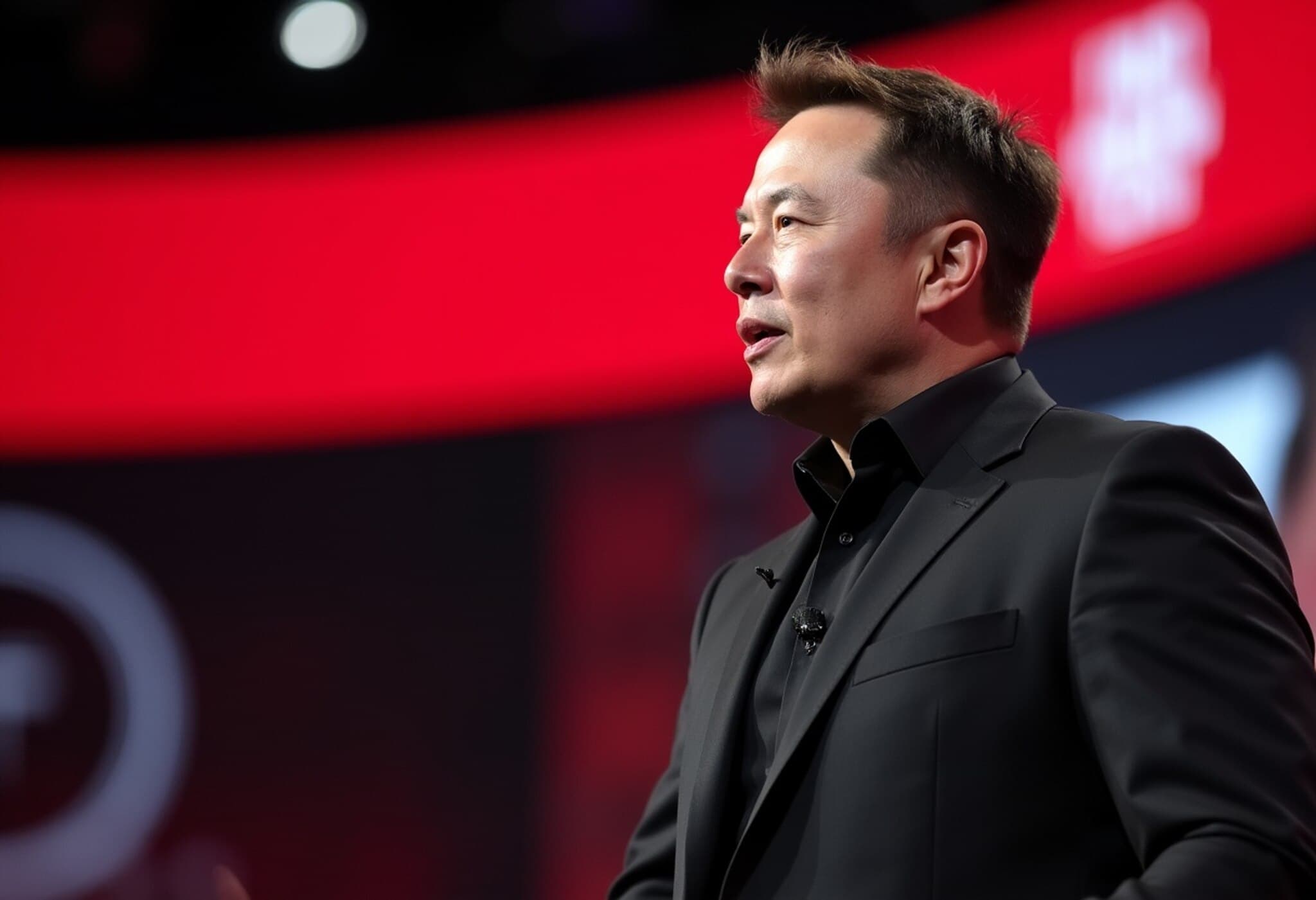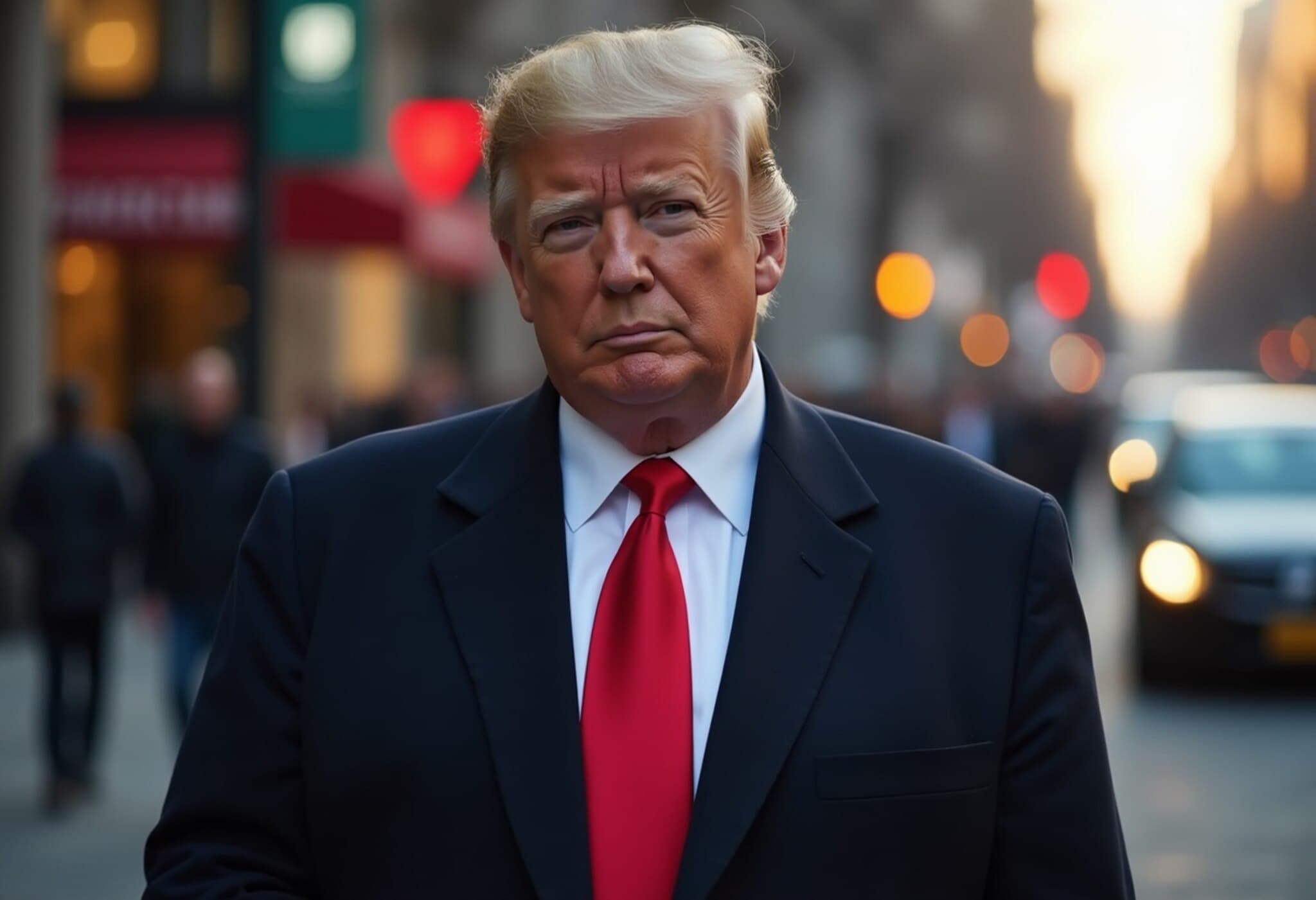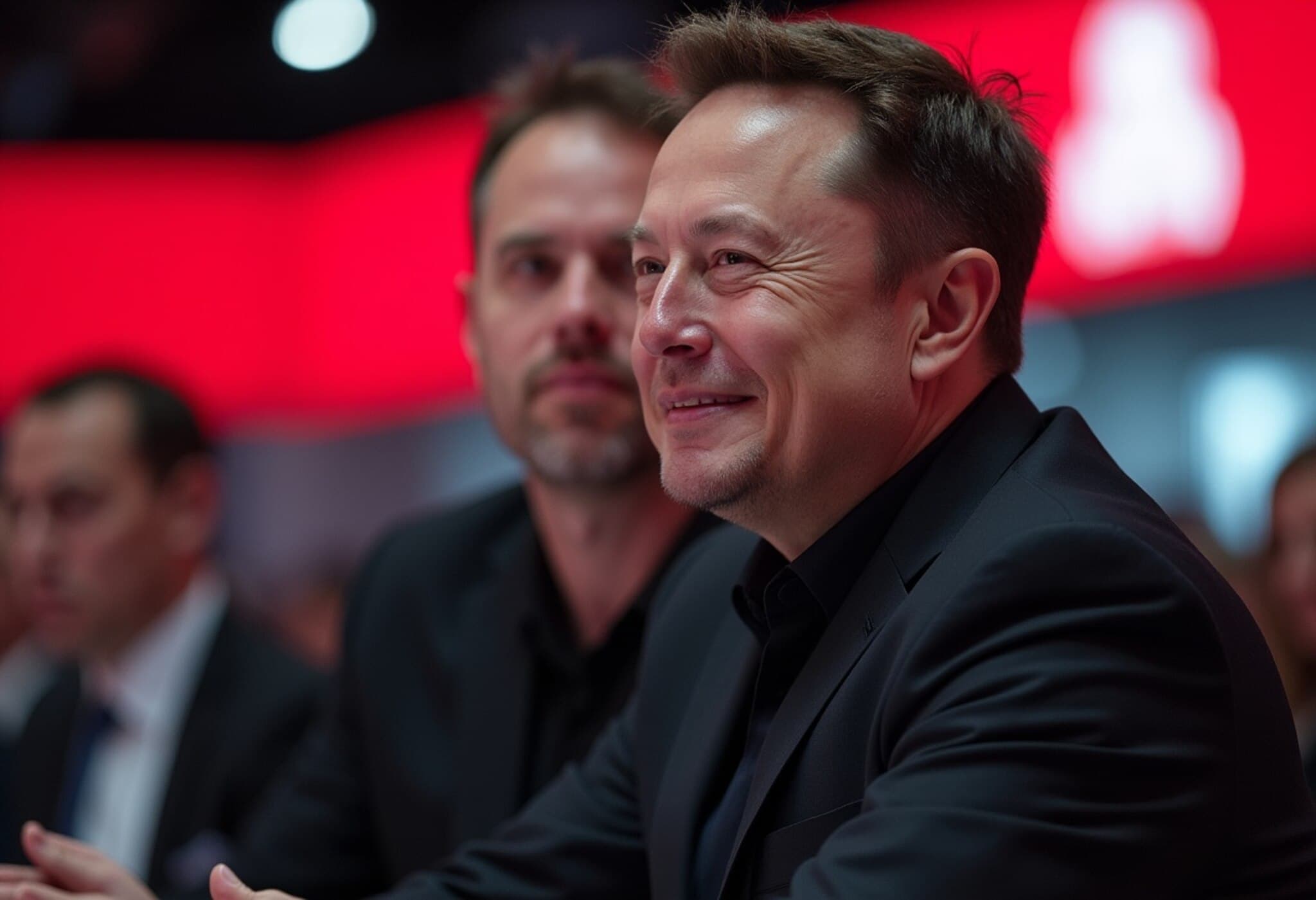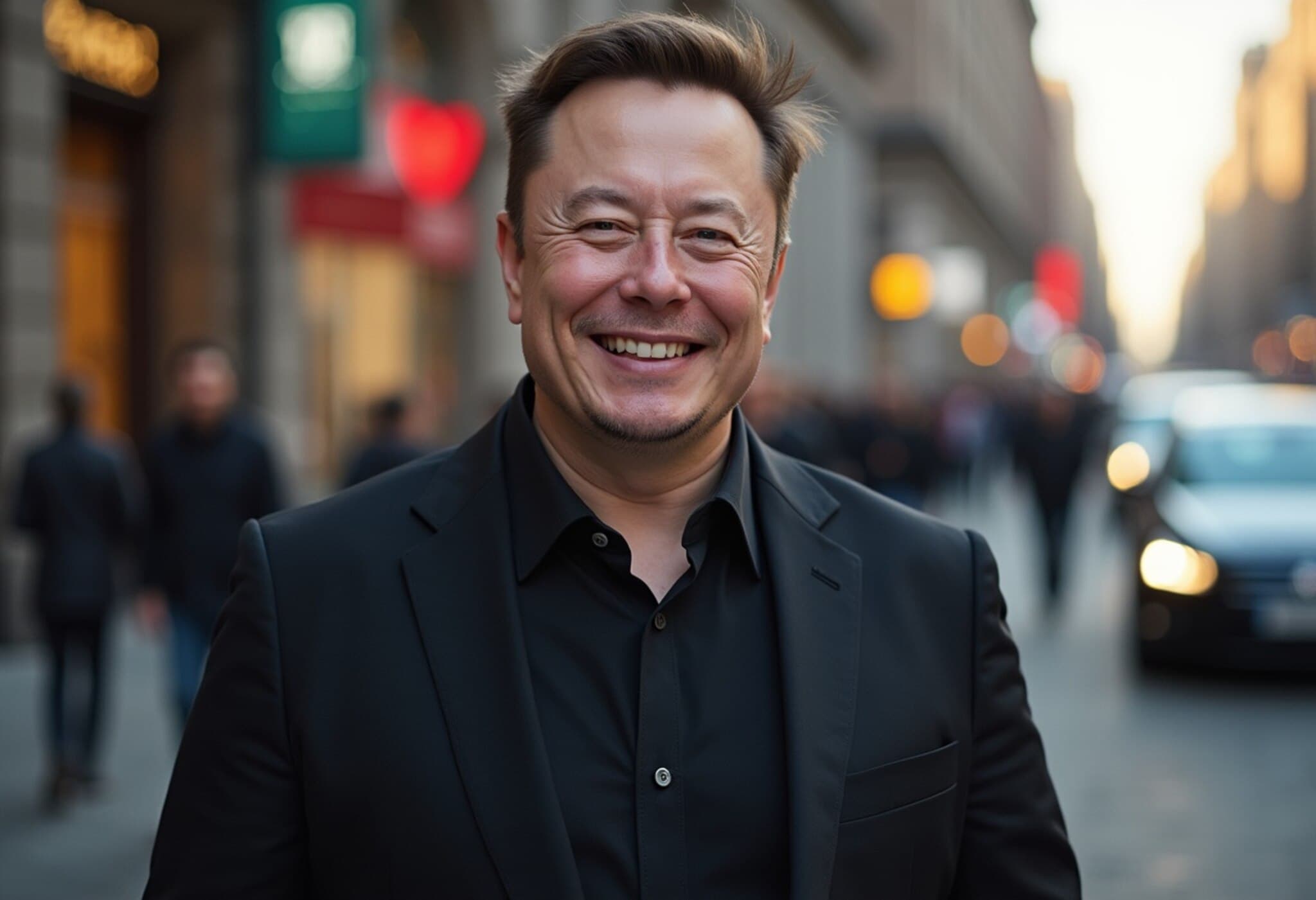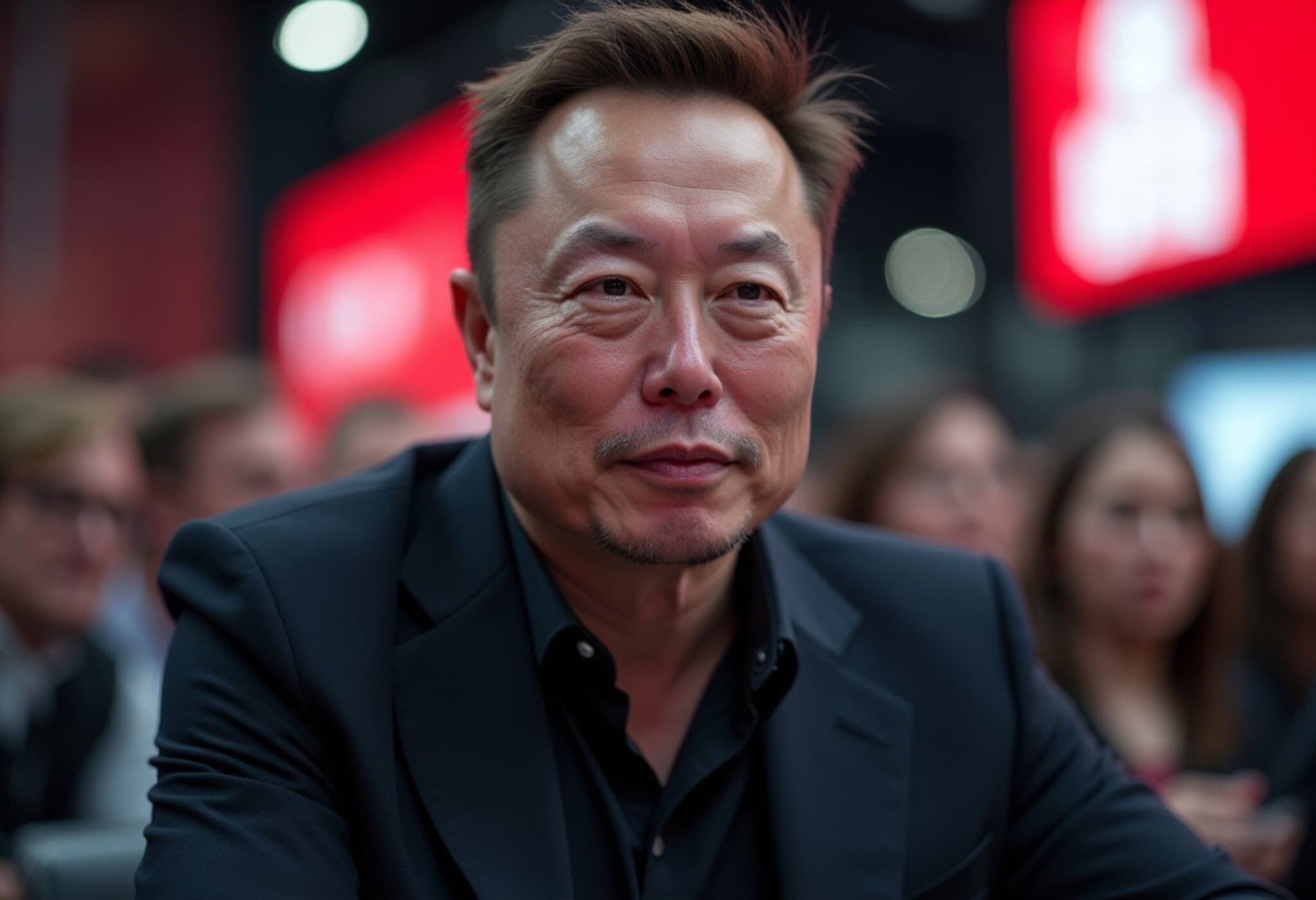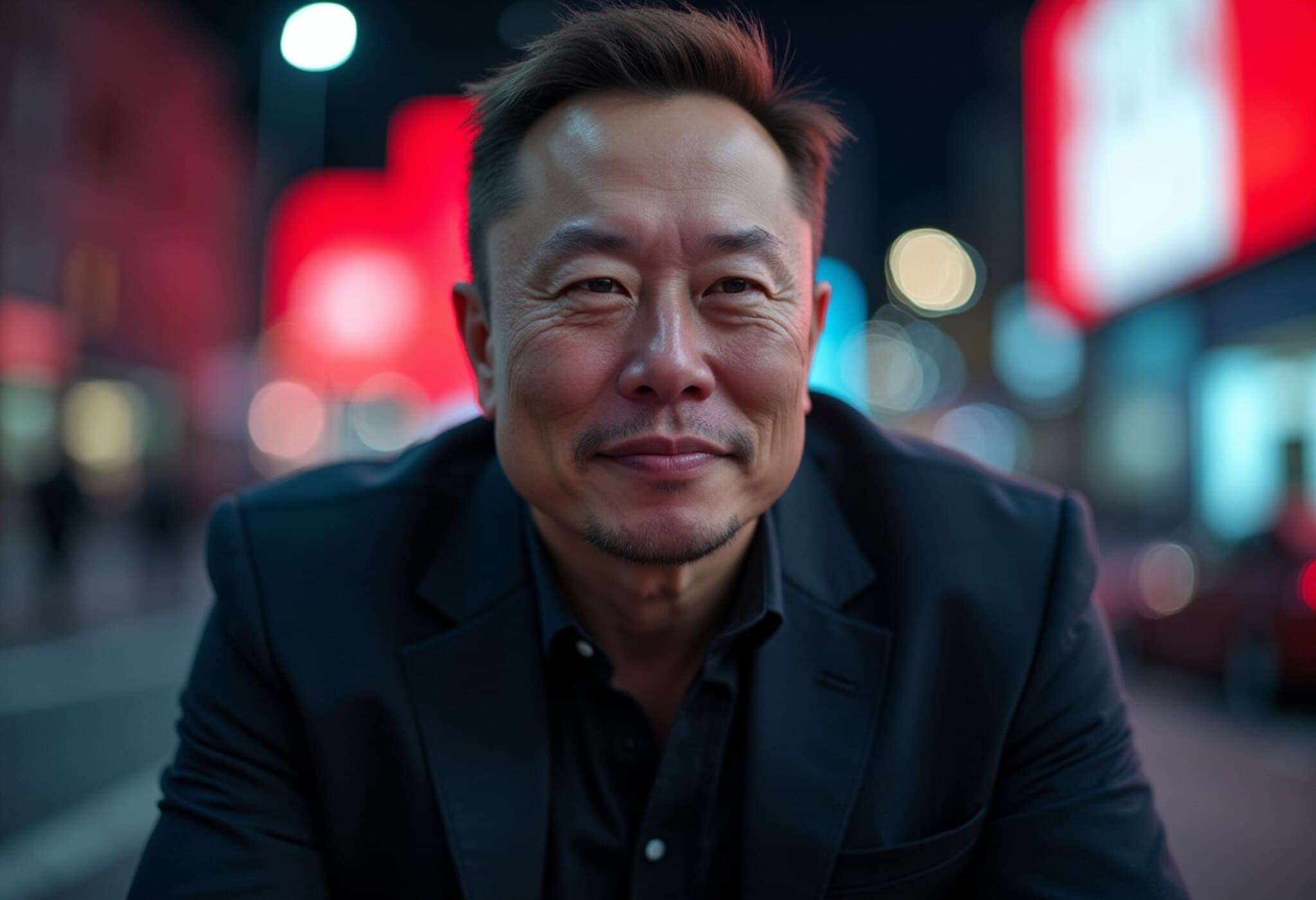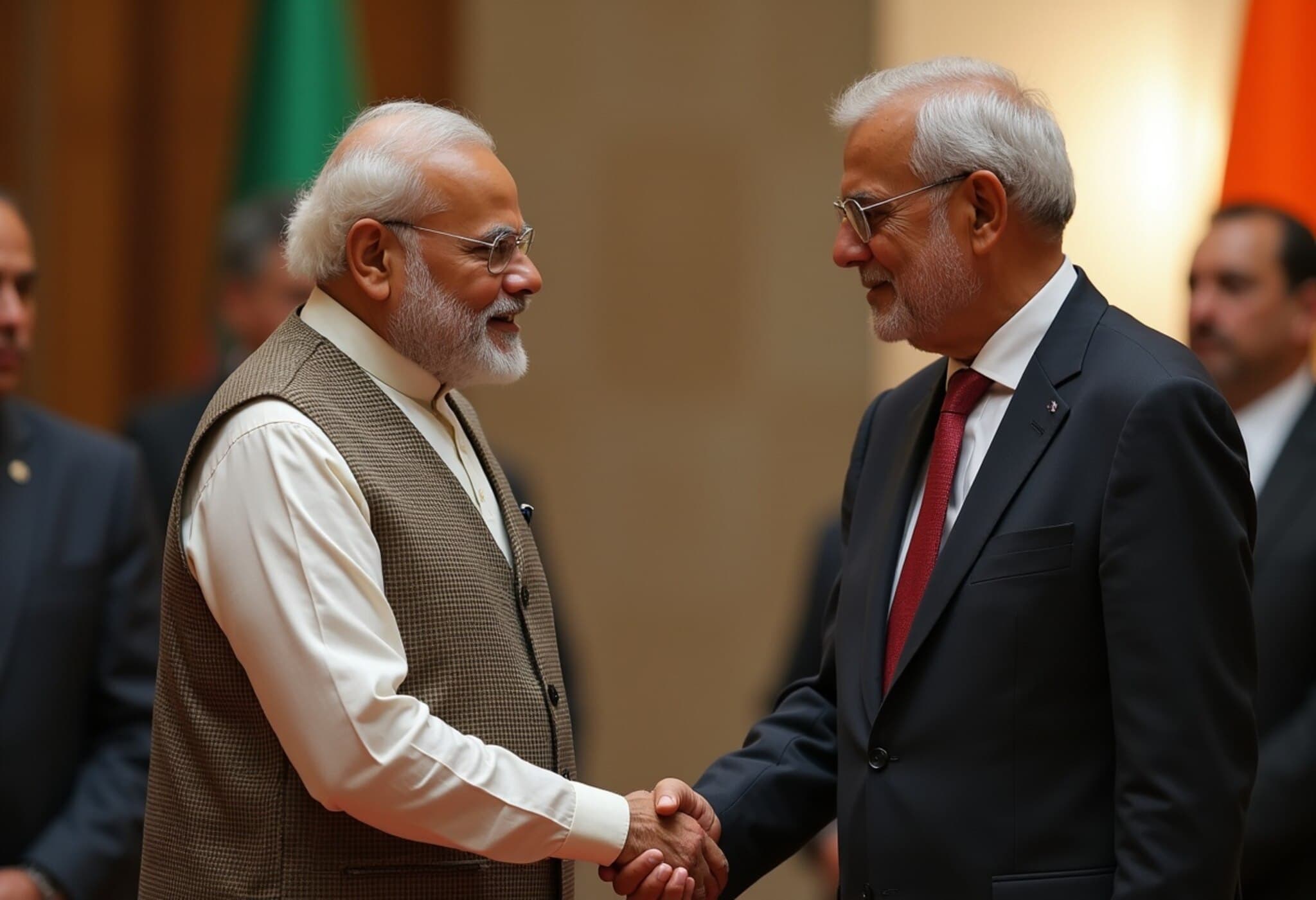Elon Musk Clashes with Analyst Dan Ives over Tesla Board Proposals
In a rare public rebuke, Tesla CEO Elon Musk told Wall Street analyst Dan Ives to "shut up" on X (formerly Twitter) after Ives publicly urged the electric vehicle company's board to take stricter measures regarding Musk’s involvement and political activities. This confrontation highlights an intensifying debate about Musk’s multifaceted role and the impact of his political forays on Tesla's corporate governance and stock performance.
Dan Ives’ Recommendations to Tesla's Board
Dan Ives, a senior analyst at Wedbush Securities known for his bullish stance on Tesla—with a $500 price target, the highest on Wall Street tracked by FactSet—called out Musk following Tesla's sharp stock decline earlier this week. The shares lost significant value after Musk announced the creation of a new political entity, the America Party, aimed at challenging Republican lawmakers who supported a recent federal spending bill.
In a detailed note, Ives proposed three main actions for Tesla’s board to consider:
- Create a new compensation package for Musk to grant him 25% voting control and a clear pathway to merge Tesla with Musk’s AI venture, xAI.
- Establish “guardrails” on Musk’s time commitment to ensure his focus remains primarily on Tesla.
- Implement oversight of Musk’s political engagements to mitigate risks for Tesla’s business.
The Wedbush team described Musk's political announcement as a "tipping point" that threatens Tesla's stability, stressing the urgent need for board intervention. Despite the criticism, Wedbush maintained its buy rating and price outlook.
Musk’s Sharp Response and the Governance Debate
Musk’s swift and blunt reply on X was striking for its candor: "Shut up, Dan." Notably, Musk’s rejection targeted suggestions that would effectively strengthen his governance control at Tesla, despite previously seeking greater voting power.
Ives responded via email to CNBC, acknowledging Musk's views but standing firm: "Elon has his opinion and I get it, but we stand by what the right course of action is for the Board." The exchange underscores a fraught relationship between Musk and some of Wall Street’s most committed Tesla advocates who nevertheless harbor concerns about his recent distractions.
Legal Context: Musk’s Executive Pay under Scrutiny
Underlying this tension is an ongoing legal battle over Musk's historic 2018 pay package, which was valued near $56 billion but was thrown out by Delaware’s Court of Chancery last year. The court found Tesla's board lacked independence and had failed to negotiate Musk’s compensation fairly. Tesla has appealed that ruling and is currently considering alternatives to Musk’s pay setup.
Broader Analyst and Investor Concerns
Musk is not alone in facing criticism over his political involvement. William Blair analysts downgraded Tesla stock citing the "distraction" caused by his America Party announcement and the potential negative impacts of the new federal spending bill on Tesla’s margins and EV sales.
Hedge fund manager James Fishback, CEO of Azoria Partners, recently launched the Azoria Tesla Convexity ETF but voiced concerns about Musk’s political ambitions conflicting with his obligations as Tesla CEO. Fishback urged the board to seek clarity from Musk about his priorities and political plans.
Stock Performance and Market Implications
Tesla’s stock has stumbled this year, declining approximately 25%, trailing behind major U.S. indexes and struggling among the tech megacaps. This downturn coincides with Musk’s political engagements and strategic shifts, raising questions about whether his multifaceted roles may be undermining investor confidence and diverting focus from Tesla’s core business challenges — such as the upcoming robotaxi rollout, a critical component for Tesla’s future growth.
The Political Foray and Its Unfolding Impact
Musk announced the formation of the America Party, which he claims will restore "freedom" to Americans. However, details about the party’s structure, funding, and candidate endorsements remain sparse, fueling speculation and concern among investors and analysts alike.
Earlier this year, Musk had collaborated closely with the Trump administration, especially on efforts to downsize federal government operations, but his political trajectory took a sharp turn after disagreements over recent spending legislation.
What Comes Next for Tesla and Musk?
At the time of reporting, Tesla’s board chair Robyn Denholm and investor relations head Travis Axelrod had not responded to comments regarding Ives’ proposals or Musk’s political maneuvers. The unfolding story raises critical questions about corporate governance, executive accountability, and the balance between personal political activism and CEO responsibilities.
Key Questions for Stakeholders
- Can Tesla’s board effectively rein in Musk’s political distractions without affecting innovation?
- How will Musk’s creation of the America Party impact Tesla’s brand and investor sentiment long-term?
- What precedent does this set for other CEOs engaging in political activities?
Editor’s Note:
The clash between Elon Musk and Dan Ives encapsulates a deeper tension in today’s high-profile corporate leadership—balancing visionary disruption with responsible stewardship. As Tesla navigates its next chapter amidst fierce competition and regulatory scrutiny, Musk’s political ambitions pose both reputational risks and governance challenges. Investors, policymakers, and board members face a complex calculus: supporting transformative leadership while safeguarding shareholder interests and company focus. This episode invites ongoing scrutiny of how much personal politics a corporate leader can or should bring to the boardroom, especially when stakes for innovation and market leadership are this high.

